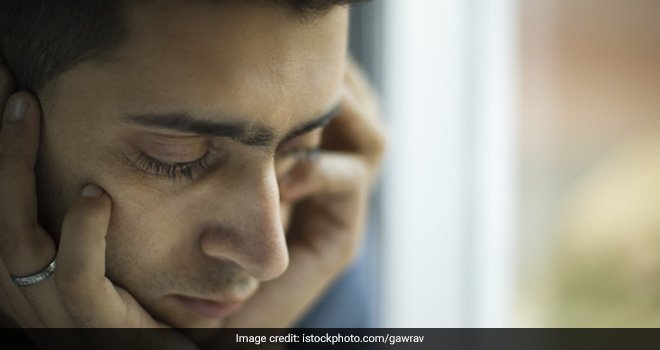New Delhi: Anaemia a condition where the Haemoglobin concentration in the blood falls below the necessary level, as a result it hampers the oxygen-carrying capacity of red blood cells in the body thereby affecting many day-to-day functions of the human body. In the past, different reports and studies had highlighted the grim statistics of anaemia in India among women and children. According to the National Family Health Survey 4 (2015-16), a whopping 53.1 per cent women in India in the age group of 15 to 49 years are anaemic. Almost 3 out of 5 children (58.6 per cent) in the country in the age group of 6 to 59 months are anaemic. Now a new study has shifted the focus to men when it comes to anaemia. The recently published study in The Lancet Global Health Journal stated that one in 4 men ( 25 per cent) in India are anaemic.
The report which has studied 10,000 men (aged between 15 to 54) from January 2015 to December 2016 said,
Anaemia among men in India is an important public health problem. Policymakers should consider extending existing efforts to reduce anaemia among women to include men, considering the fact that the disease plays an important role among men in the country.
In terms of breaking down the numbers, the report found that about 18 per cent of the men who were part of the study had mild anaemia, 5 per cent had moderate anaemia and 0.5 per cent had severe anaemia.
The report also added that men are not included in the government’s anaemia-mukt Bharat initiative, which focuses on women and children. It said that policymakers should consider including men in these initiatives as Anaemia can cause many health complications and further increase the disease burden of the country.
Also Read: Anaemia, A Health Problem In All States Except Kerala, Finds A New Study
The report also said that most cases of anaemia globally are thought to be due to iron deficiency, which can be prevented and treated effectively using iron supplementation and by having an iron-rich diet. November 26 is also marked as Iron Deficiency Day in bid to raise awareness about the serious health consequences posed by iron deficiency. Experts say that in men the problem of anaemia goes unnoticed most of the times because unlike women, who get screened during pregnancy, men don’t get screened. As a result, the problem of anaemia continues to grow until it becomes a serious health complication.
Causes Of Anaemia In Men
One of the main causes of Anaemia is not eating enough iron. Other causes of Anaemia in men may include:
• Blood loss due to injury
• Bleeding piles
• Skipping of meals
• Presence of worms in the stomach
• Vitamin B12 or Vitamin C deficiency
• Infections
• Genetic factors
Also Read: Over 50 Per Cent Of Pregnant Women In India Are Anaemic, Reveals National Family Health Survey
Experts Recommend Pumping Of Iron Rich Food
Areeb Irshad, External Consultant, Food Fortification Resource Centre in Food Safety and Standards Authority of India says,
To reduce iron deficiency-related anaemia one should have green leafy vegetables (cauliflower greens, mustard greens, chulai or amaranth, parsley, mint), meat, pulses and should rely on double fortified salt (an innovative fortified food product that delivers small but crucial amounts of iodine and iron to human beings).
He further adds, “One should also improve absorption of iron in the body for which it is recommended to have lemons, oranges and guavas. All the items that are a rich source of Vitamin C can also help in the absorption of iron in the body and thus result in reducing iron deficiency-related anaemia.”
Clinical Nutritionist Lovneet Batra says foods like ‘rajgiri’ or ‘amaranth’ which are easily available in local market should be eaten on a daily basis. Sharing other items, she added,
Black chana, chikpeas, peanuts, dates, apricot, munakka and nuts like cashews among many others should be eaten regularly to avoid the iron deficiency led anaemia. Lentils are another rich source of iron and should be the go-to food if you are looking for iron-rich vegetarian diet.




















